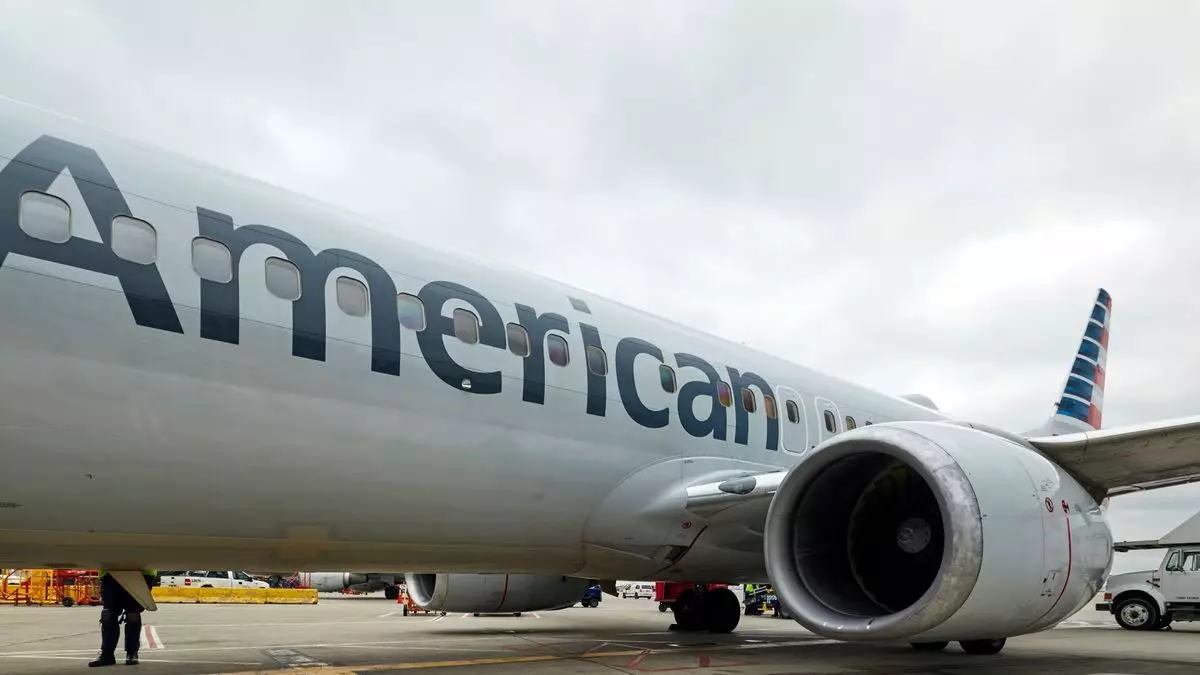The mood at ASTA’s Travel Advisor Conference in Dallas reflected the collective relief felt by the agency community upon hearing that American Airlines would abandon its controversial distribution strategy. While the reversal was welcomed, the future remains uncertain, and questions abound regarding the carrier’s next steps. Dave Hershberger of Prestige Travel Leaders in Cincinnati highlighted the need for American to quickly mend its strained relationships with agencies.
The Long-standing Battle
ASTA’s conflict with American Airlines dates back over a year when the carrier removed a substantial portion of its fares from traditional GDS channels, pushing for bookings exclusively through NDC channels. This move faced backlash due to concerns about the inadequacy of American’s NDC technology and its impact on agency operations. The subsequent announcement that only “preferred” agencies could earn loyalty points further soured relations, leading to a significant disruption in the industry.
Challenges Faced by Agencies
Agency representatives like Jay Ellenby and Olga Ramudo voiced their struggles with American’s NDC technology, citing difficulties in managing bookings and servicing clients. Ramudo highlighted the extra workload imposed on advisors and the strain on agency-carrier relationships. The implications of American’s policies extended beyond inconvenience, with advisors facing potential job cuts and broader concerns about the industry’s future.
ASTA played a pivotal role in mobilizing agencies and travelers against American’s distribution strategy, leveraging grassroots campaigns and legislative outreach. The overwhelming response from the travel community underscored the widespread discontent and reinforced the importance of travel advisors in the booking process. The concerted efforts of agencies and clients undoubtedly influenced American’s decision to reverse its strategy.
Despite the reversal, the fallout of American’s distribution strategy continues to resonate within the travel agency community. Rebuilding trust and repairing relationships will be crucial for the carrier as it navigates the aftermath of its contentious policies. Advisors emphasize the need for sincerity and meaningful action from American to regain support and address the challenges brought about by the protracted conflict.
Looking ahead, concerns persist about the potential impact of American’s strategy on NDC development and third-party technology providers. The industry’s progress in enhancing booking solutions may face setbacks without the urgency prompted by American’s approach. Advisors warn of the ripple effects that could extend beyond American Airlines, urging a collaborative effort to safeguard the interests of agencies and clients alike.
The repercussions of American Airlines’ distribution strategy reversal reverberate throughout the travel advisory landscape, underscoring the complexities of industry dynamics and the enduring value of agency partnerships. While the future remains uncertain, the lessons learned from this episode serve as a poignant reminder of the importance of collaboration, advocacy, and resilience in navigating challenges and shaping the future of travel.

